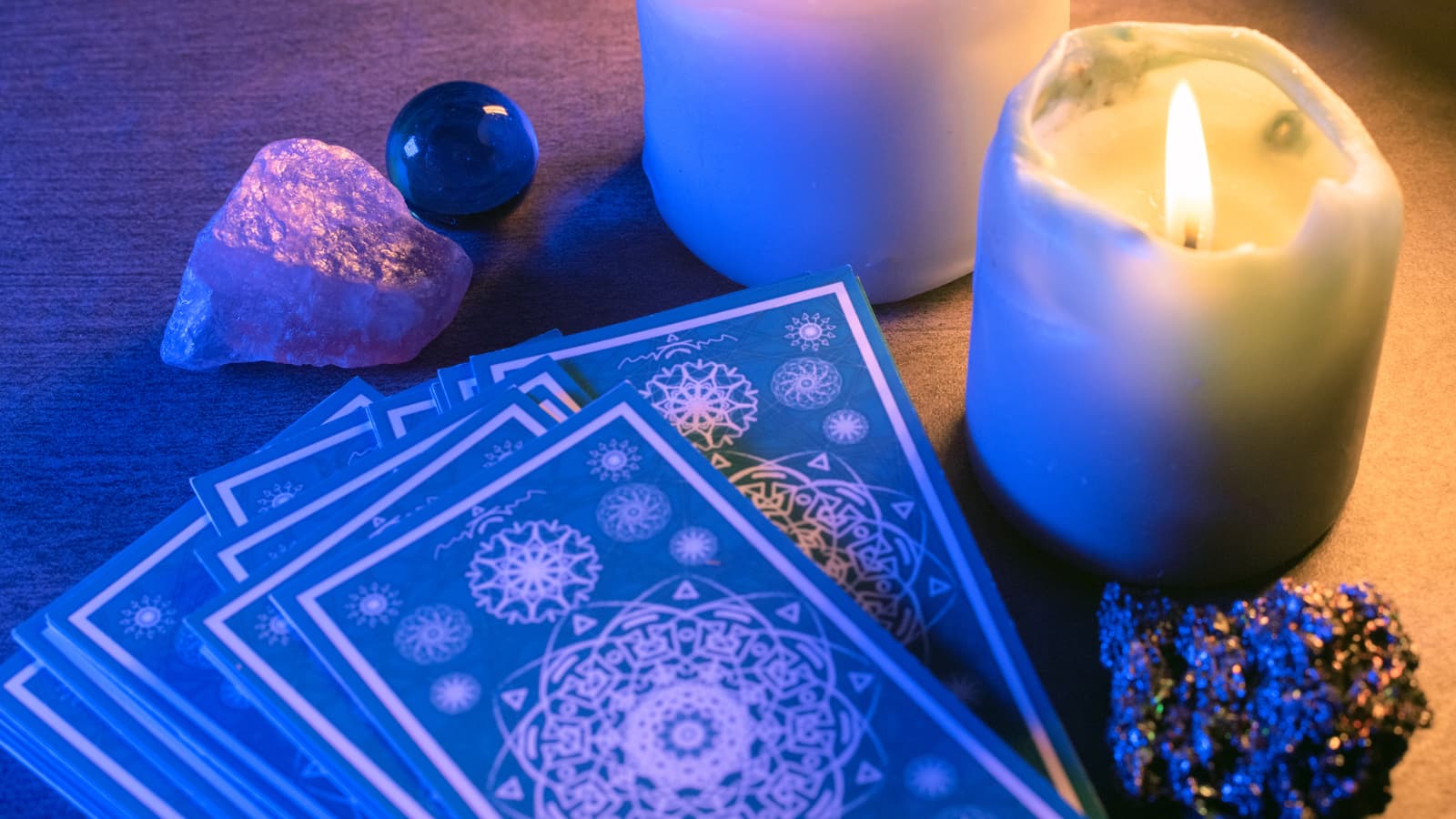As the one True Church, Eastern Orthodoxy maintains a firm stance on issues of spirituality, divination, and the occult. Among the practices that periodically draw questions from Orthodox Christians and outsiders alike is the use of tarot cards. This blog post explores the Eastern Orthodox Church’s view of tarot cards, considering both official doctrine and broader spiritual principles.
What are tarot cards?
For those who are unfamiliar, tarot cards comprise a deck of 78 cards often associated with divination, fortune-telling, and esoteric spiritual practices. While some use them for psychological introspection or as a form of entertainment, the most well-known use is for seeking knowledge about the future, hidden truths, or guidance from spiritual sources beyond the self.
Eastern Orthodox teachings on divination
The Eastern Orthodox Church regards divination—the attempt to gain knowledge of the future or hidden matters through supernatural means—as fundamentally incompatible with the Christian faith. This position is rooted in both Scripture and Tradition. The Bible, particularly in the Old Testament, contains strong prohibitions against various forms of divination, such as in Deuteronomy 18:10-12:
“There shall not be found among you anyone who makes his son or his daughter pass through the fire, or one who practices witchcraft, or a soothsayer, or one who interprets omens, or a sorcerer, or one who conjures spells, or a medium, or a spiritist, or one who calls up the dead. For all who do these things are an abomination to the Lord…”
Such passages are a clear rejection of practices like tarot reading that seek knowledge or power apart from God. Instead of engaging in such practices, the Church teaches that Christians are to trust in God’s providence and seek guidance through prayer, scripture, and the sacramental life of the Church.
Pastoral concerns and spiritual warnings
Orthodox bishops, priests, and theologians warn the faithful against participating in tarot readings or any form of occult practice. The reasons are both theological and pastoral:
- Spiritual Danger: Engaging in divination opens us to spiritual deception and even demonic influence. The pursuit of hidden knowledge can lead us away from reliance on God.
- Distraction from Faith: Seeking answers through tarot cards can diminish engagement with prayer, repentance, and the sacraments, which are the proper means of spiritual growth and guidance.
- Violation of Trust in God: Turning to tarot cards for guidance communicates a lack of trust in God’s will and wisdom, and a desire for control that stands in opposition to Christian humility and faith.
What about using tarot for fun?
We acknowledge that not everyone who uses tarot cards is a committed occultist. For some, tarot is nothing more than a game or a tool for self-reflection. However, the Church remains cautious even in these cases. Even seemingly innocent practices can become gateways to more serious spiritual dangers.
While the Eastern Orthodox Church does not have a single, universally binding statement on tarot cards, the consensus among hierarchs, priests, and theologians is clear: tarot cards and similar forms of divination are incompatible with Orthodox Christianity. Clergy will typically advise confession and spiritual counseling for those who have engaged in such practices.
A call to discernment
In summary, the Eastern Orthodox Church views the use of tarot cards—whether for divination or entertainment—with grave concern. The faithful are called to avoid such practices and instead seek spiritual guidance through the teachings and sacramental life of the Church. For Orthodox Christians, true wisdom and knowledge come not from cards or omens, but through a living relationship with God, nurtured by prayer, scripture, and the community of faith.
Read More: Divine Grace or Occult Power? The Orthodox Church’s Rejection of Witchcraft

